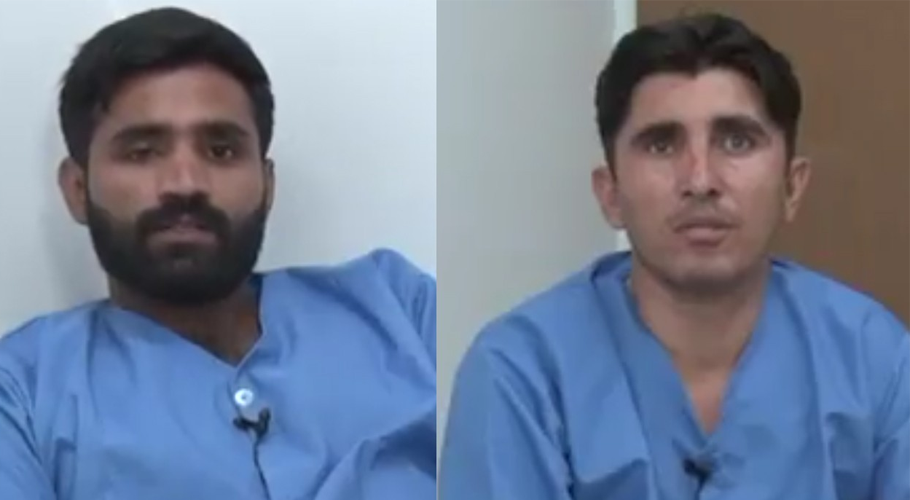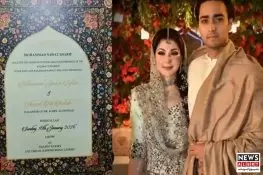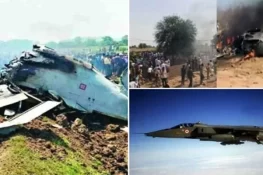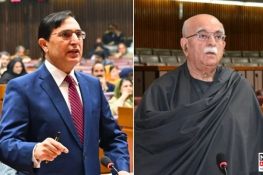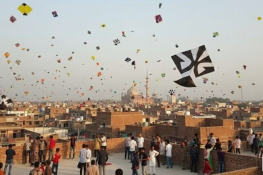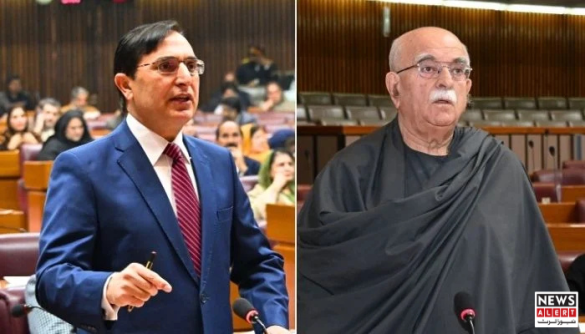A Historic Medical Milestone in Pakistan
In a remarkable moment for Pakistan’s medical community, doctors at the Armed Forces Institute of Ophthalmology (AFIO) in Rawalpindi have successfully restored the eyesight of two soldiers using the donated corneas of a late Pakistani woman.
The transplant — carried out by expert military ophthalmologists — has been described as both a scientific breakthrough and a profound act of humanity. It marks a rare and uplifting chapter in Pakistan’s medical history, highlighting the power of organ donation to transform lives.
The Donor’s Legacy of Compassion
The successful surgery was made possible by the selfless decision of Mrs. Syeda Zafar Mehdi Askari, who had pledged during her lifetime to donate her eyes after death. Honouring her wish, doctors at AFIO used her corneas for two soldiers who had lost their sight in combat-related incidents.
The recipients — 30-year-old Sepoy Ali Ullah and 26-year-old Sepoy Falak Sher — were severely injured during counterterrorism operations and subsequently lost their vision. Through intricate surgical procedures and advanced technology, both soldiers have now regained their ability to see.
For the medical team, the operation symbolised not just technical excellence but also an emotional victory. “Restoring sight to these soldiers is a tribute to the donor’s humanity and the resilience of our medical teams,” said one AFIO specialist.
A Family’s Pride and a Nation’s Gratitude
Speaking after the surgery, Zahra Mahdi, daughter of the late Mrs. Askari, expressed deep pride and gratitude.
“It is the greatest honour for us that our mother’s eyes were donated to two brave soldiers,” she said. “This act of compassion will remain a lasting charity for our family.”
Her words reflected the spirit of sacrifice and faith that inspired the donation. For many, the event serves as a reminder of how a single act of generosity can bring light into the lives of others.
Pakistan Army Praises Medical Team
The Pakistan Army’s spokesperson praised the AFIO’s medical experts for their extraordinary contribution, describing the successful transplant as a shining example of medical excellence, humanity, and selflessness.
AFIO is one of Pakistan’s leading military medical institutions, specialising in the treatment of eye injuries and diseases. Over the years, it has played a critical role in rehabilitating soldiers who suffer visual impairments due to field operations.
A Step Forward for Organ Donation Awareness
Medical experts have hailed the successful transplants as a historic milestone in Pakistan’s efforts to promote organ and tissue donation. According to the World Health Organization (WHO), more than 12 million people globally are waiting for corneal transplants, yet donation rates in South Asia remain low due to cultural and religious misconceptions.
Pakistan, in particular, faces acute shortages in eye donations. Thousands of citizens lose their vision each year due to corneal diseases or injuries, yet only a few dozen corneal transplants are performed annually.
In light of this success, AFIO has announced plans to launch a nationwide campaign to encourage eye donations. The initiative aims to increase awareness about the life-changing potential of organ and tissue donation and to ensure that more visually impaired individuals can regain their sight.
Science, Sacrifice, and the Spirit of Humanity
This extraordinary achievement in Rawalpindi is more than a medical triumph — it is a testament to compassion, courage, and community. It reflects how human kindness can transcend death and bring light to others.
For the two soldiers who can now see again, life has taken on new meaning. Their restored vision stands as a living symbol of generosity — a reminder that in giving, one can change not just a life, but the world.
Conclusion
The story of Mrs. Syeda Zafar Mehdi Askari’s eye donation and the two soldiers’ restored sight is a powerful example of what can be achieved when science meets selflessness. It is a message of hope — that through compassion, courage, and medical innovation, darkness can indeed give way to light.

